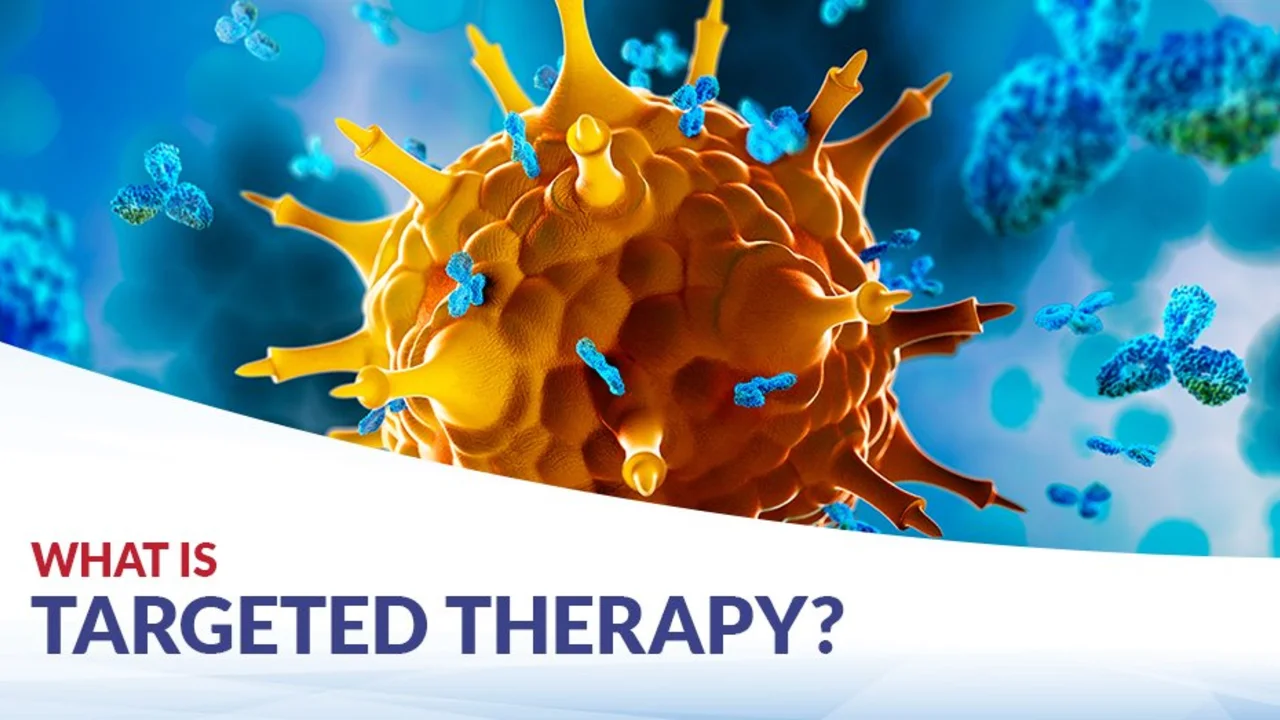Personalized Cancer Treatment: Tailored Options, Tests, and Cost Tips
Cancer care is moving away from one-size-fits-all. Personalized treatment uses your tumor’s biology, genetics, and your health goals to choose drugs that are more likely to work and cause fewer side effects. That means doctors may use targeted therapies, hormone blockers, immunotherapy, or combinations based on lab tests rather than only on where the cancer started.
How do you know if personalized care fits you? Your oncologist may order genomic tests on the tumor, check hormone receptors, or test for specific mutations like HER2, EGFR, or BRCA. These results guide choices: for example, some breast cancers respond well to CDK4/6 inhibitors such as ribociclib. If a test shows a mutation with an available drug, you get a clearer roadmap instead of trial-and-error chemo.
How personalization works in practice
First, doctors gather detailed info: tissue or blood tests, scans, and your medical history. Labs analyze genes, protein markers, and immune features. Next, a tumor board or specialist recommends treatments that match those findings. That might mean replacing standard chemo with a targeted pill, adding immunotherapy, or joining a clinical trial for a drug designed for your mutation.
Personalized plans also consider side effects and daily life. If a targeted therapy has manageable side effects and keeps you out of the hospital, that can be a better fit than aggressive chemo. Talk with your team about goals—aiming for cure, keeping cancer stable, or symptom control—so choices match what matters most to you.
Practical tips: tests, costs, and finding help
Ask your doctor which genomic tests are useful and whether insurance covers them. If a test shows a targetable mutation, ask about approved drugs and quieter alternatives. Our site has a detailed piece on ribociclib and advances in breast cancer treatment that explains how some targeted drugs work and what patients report about side effects and benefits.
Cost is real. Branded targeted drugs can be expensive, but options exist: patient assistance programs, generic alternatives when available, and clinical trials that supply the drug for free. Call drug manufacturers’ patient support lines, check nonprofit funds, and ask your hospital about trial options. Pharmacies and online sellers vary in price and reliability—always verify licensure and safety before buying medications online.
One more tip: keep a clear record of tests, results, and prior treatments. That speeds second opinions and trial applications. Consider a second opinion at a cancer center if tests suggest a rare mutation—specialists often know niche treatments and trials that local teams might miss.
Explore our tag page articles to learn more about targeted drugs, safety when buying medicines online, and ways to manage costs. Personalized cancer care can change outcomes and quality of life; knowing your options helps you make choices that fit your life and your budget. If you want specific help, start by saving recent reports and asking for a genetics consult. Patients who prepare documents get faster answers and clearer treatment plans from specialists and trial teams. Ask early and persist.
Dasatinib and the Future of Personalized Cancer Treatment
Hey there! I'm just diving into the fascinating world of personalized cancer treatment and I've got to tell you, it's really promising! With breakthroughs like Dasatinib, we're not just talking about generic treatments anymore; we're looking at tailored approaches that could change the game for individuals battling cancer. I'm excited to share how this powerful drug is leading the charge in targeted therapy. We're on the brink of a new era in oncology, and honestly, I can't wait to explore what this means for future cancer care.
Read More
